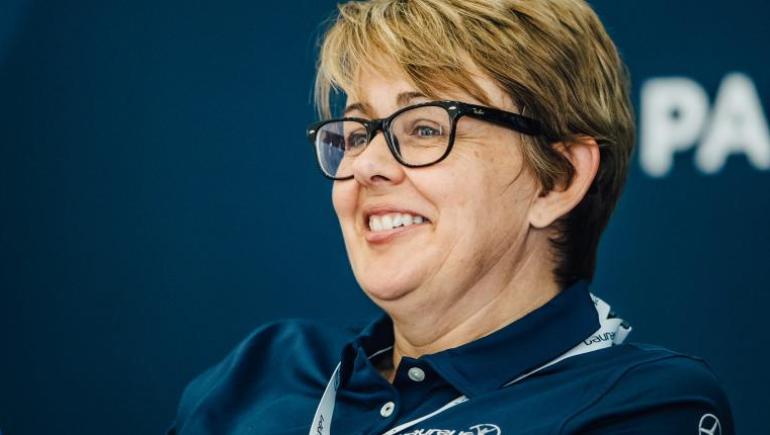Sport for development will remain "a well-kept secret" until other sectors such as health and justice appreciate the full value of sport and physical activity to society, according to Baroness Tanni Grey-Thompson.
The former Paralympic champion was speaking this week at the Laureus Global Summit in Paris, in partnership with Allianz, where 130 programmes from across the world gathered to showcase and share how they use sport and physical activity to support young people in the greatest need.
Despite the amazing work carried out on a daily basis across the globe by these organisations, which are all funded by the Laureus Sport for Good Foundation, Grey-Thompson believes there is still some way to go before that vision of sport helping to build a better world – famously articulated by Nelson Mandela at the Laureus World Sports Awards 18 years ago – can be realised.
She told sportanddev.org: “You can’t really beat what Nelson Mandela said but it (Sport for Development) is like a well-kept secret, it’s good and it’s fun – but it’s also hard.”
In particular, Grey-Thompson sees barriers to physical activity in people’s everyday lives as one key reason why the social impact of sport has not become a mainstream topic of conversation – with elite sport remaining the dominant voice, for example, when it comes to media coverage.
“We all know that sport and physical activity is good for us, just like you know that you are supposed to eat five fruit and vegetables a day,” she said.
“But I think this is often about people’s previous experience; if you experienced sport in school – perhaps if you are a woman of my age – then probably your experience of sport wasn’t great.
“And then if you’re working or if you’ve got kids, if you’re changing your job or moving house, your interaction with sport and physical activity changes.
“Even people who are ‘sporty’ drift in and out, so it’s how we engage with the ‘hardest to reach’ people who just don’t see the value.
“For example in the UK, women’s pension ages are only going one way, and 80% of women aren’t fit enough to be healthy, for a whole host of reasons.”
Read the full interview with ConnectSport's Simon Lansley on sportanddev.org












